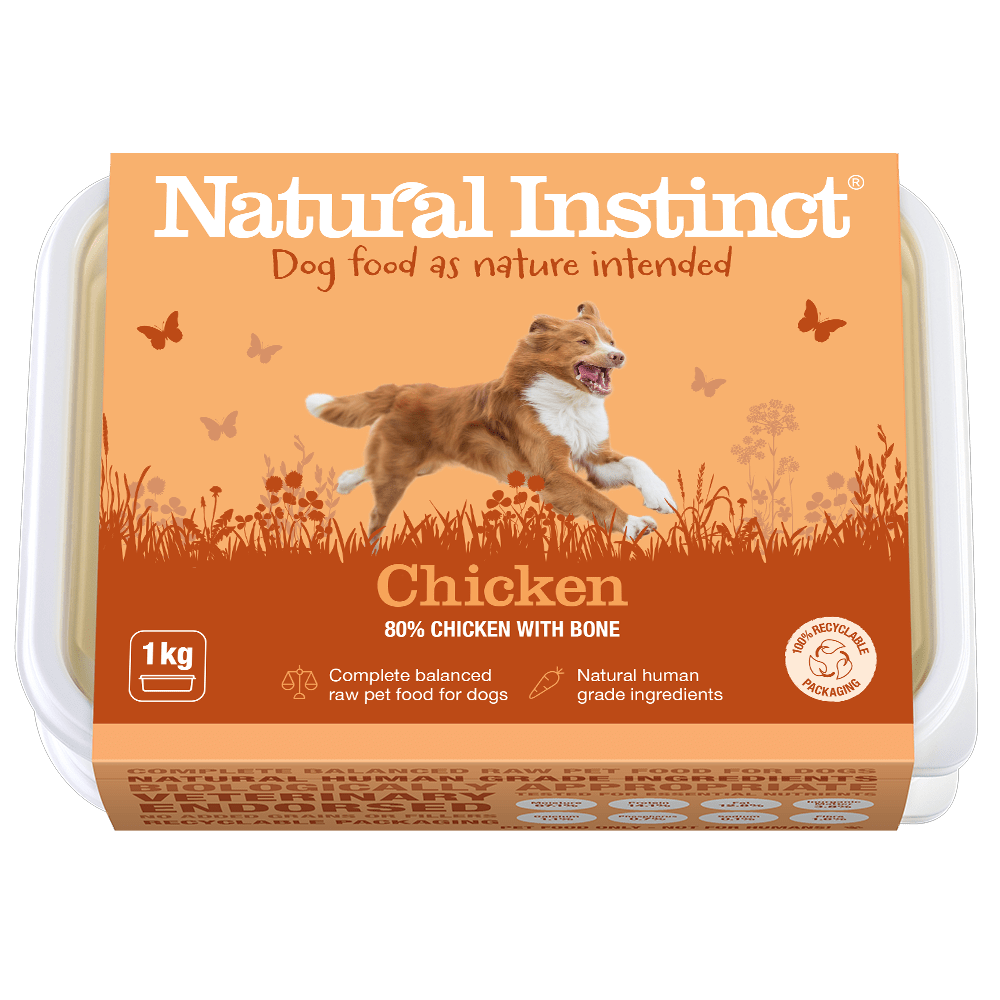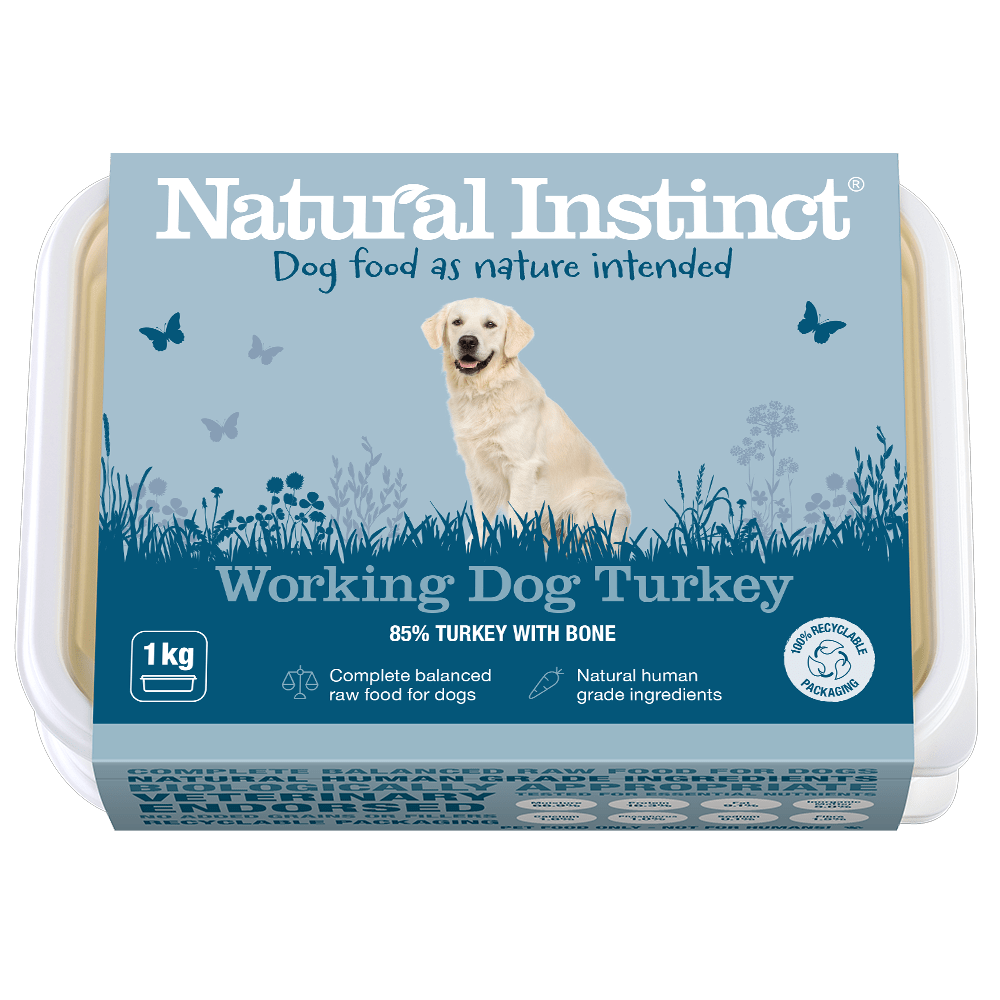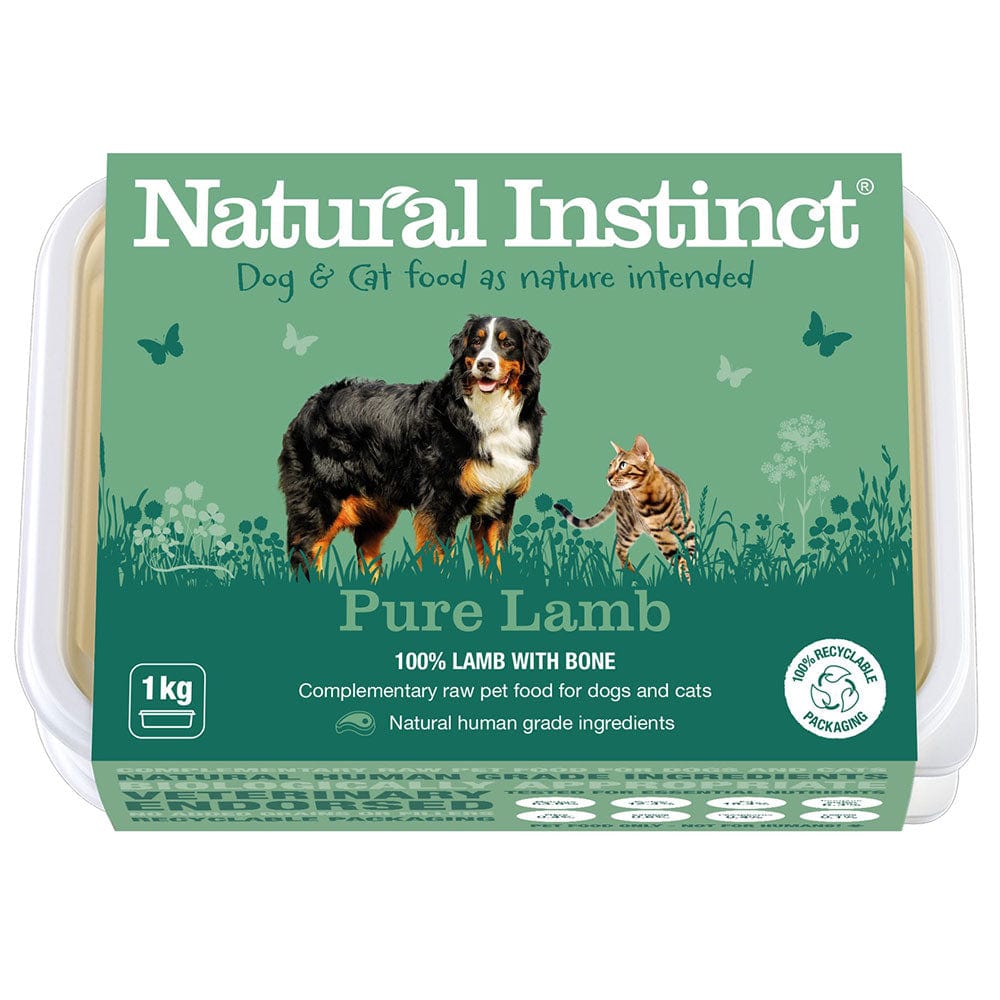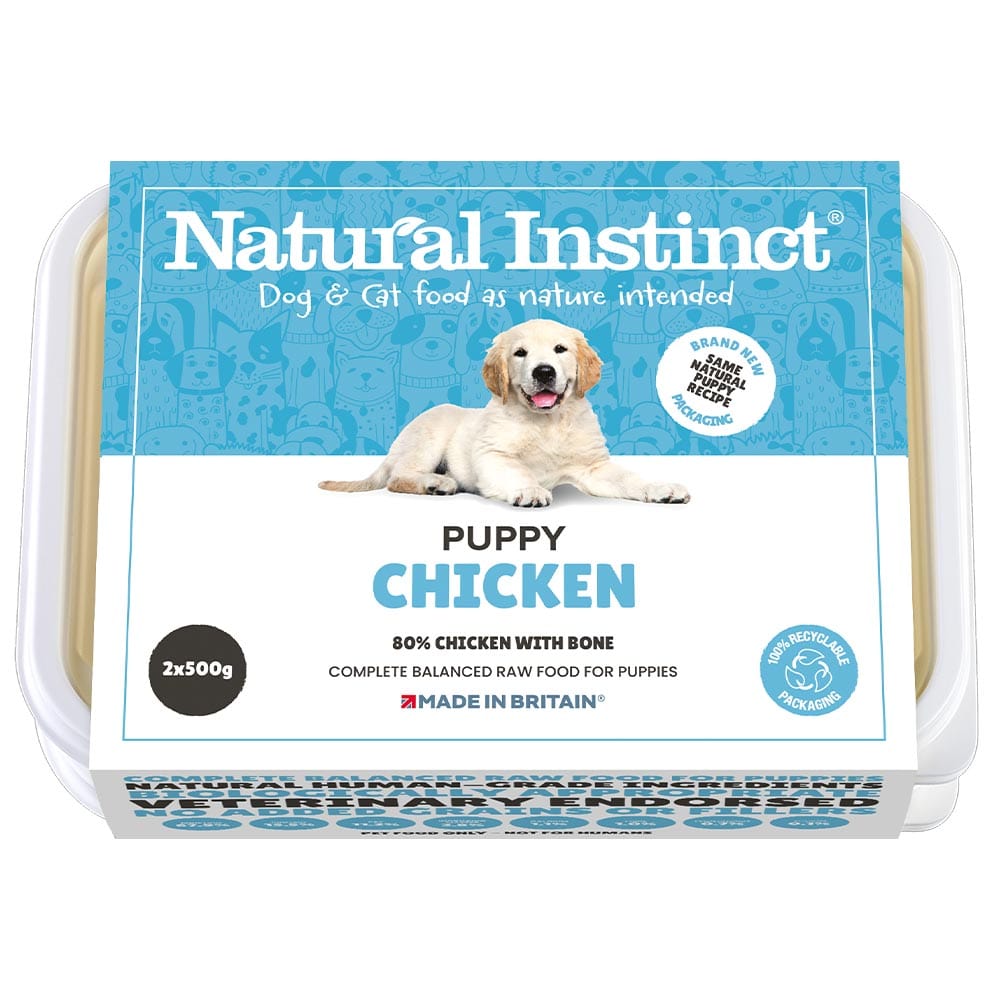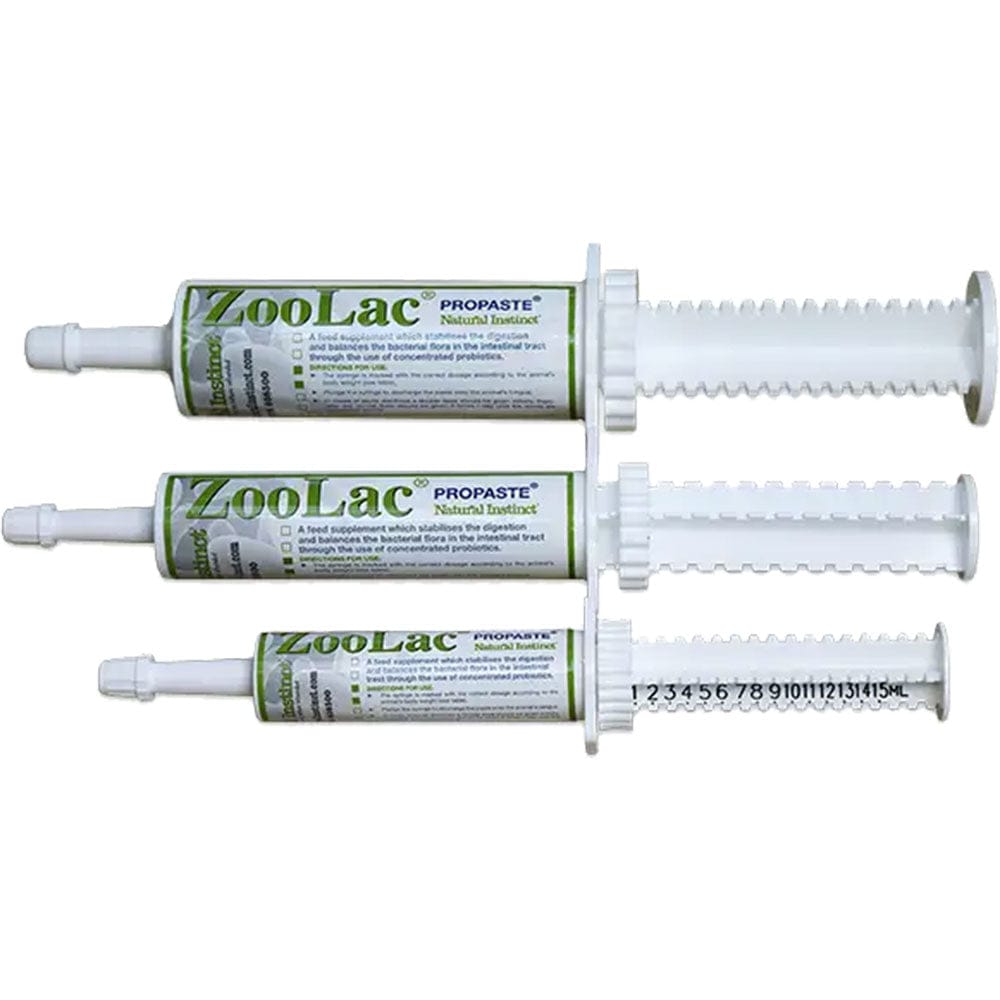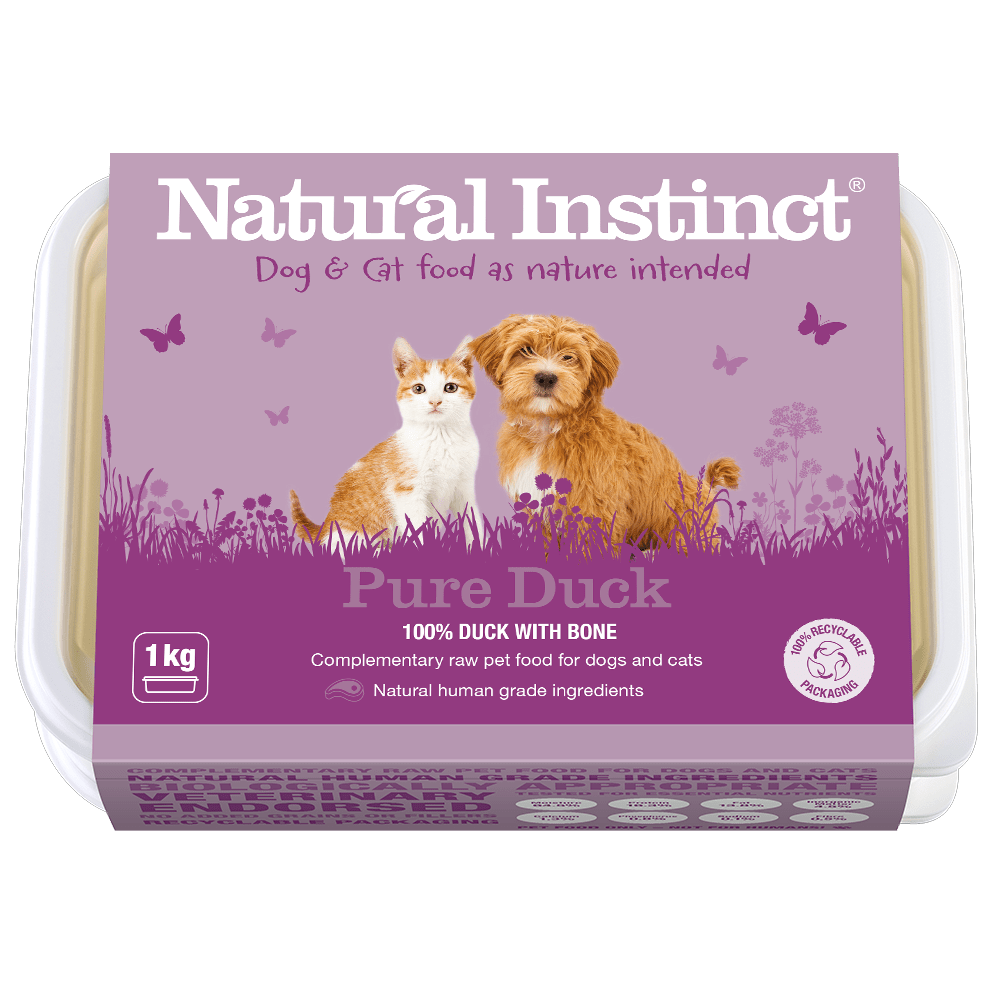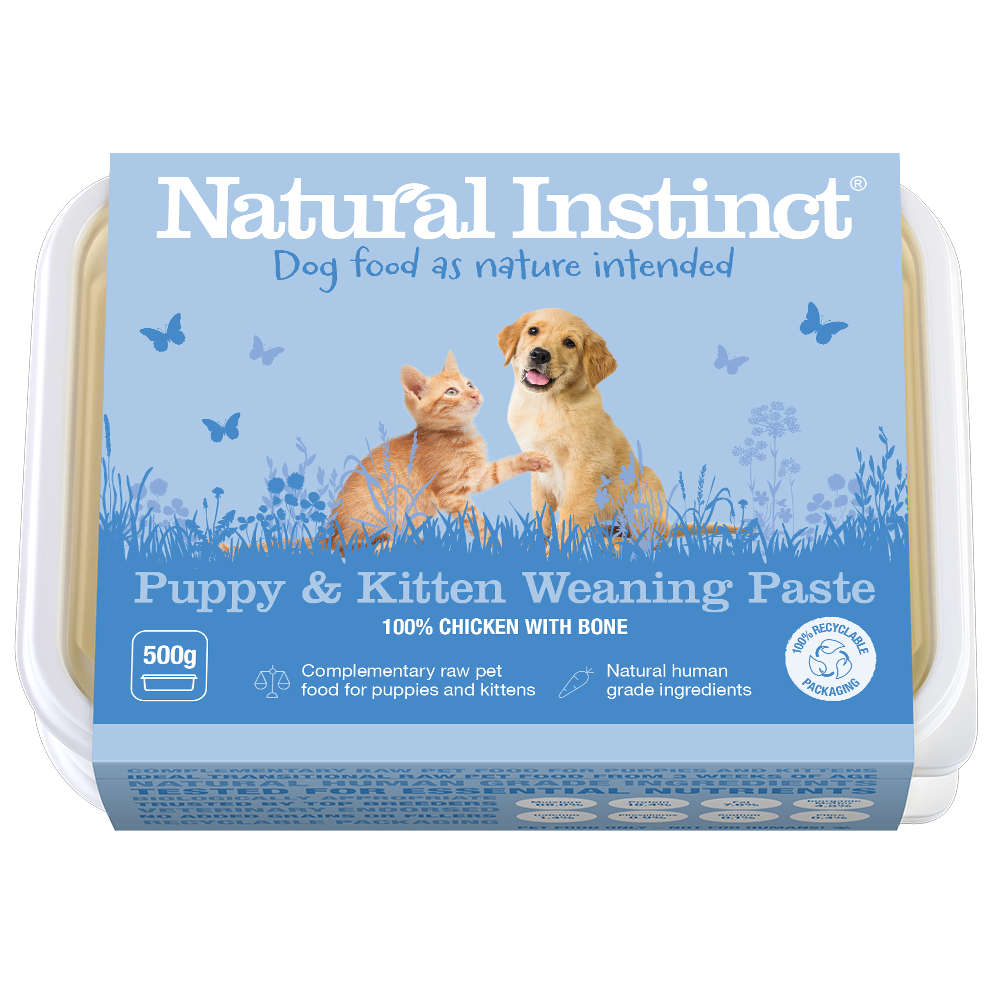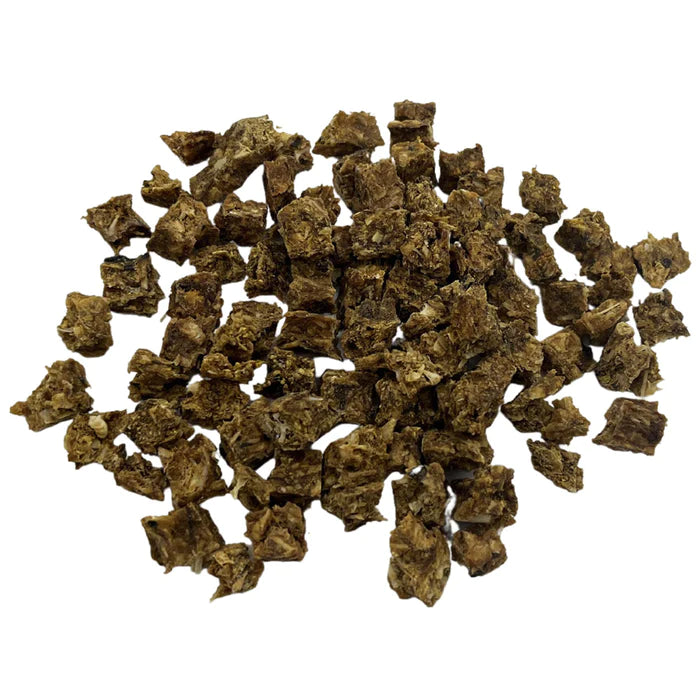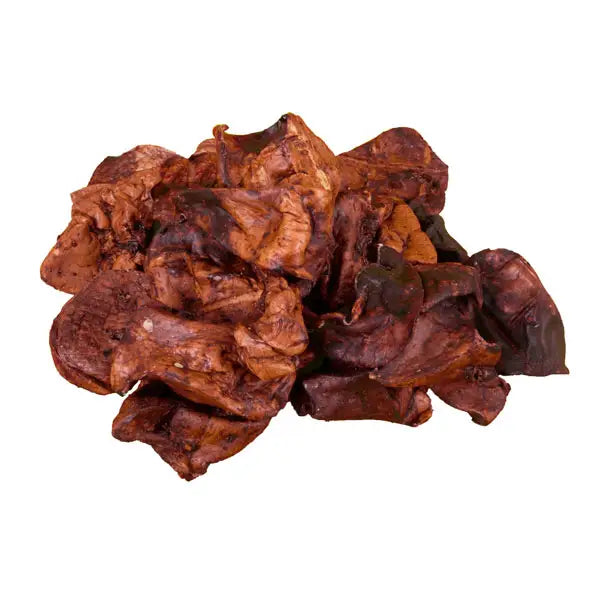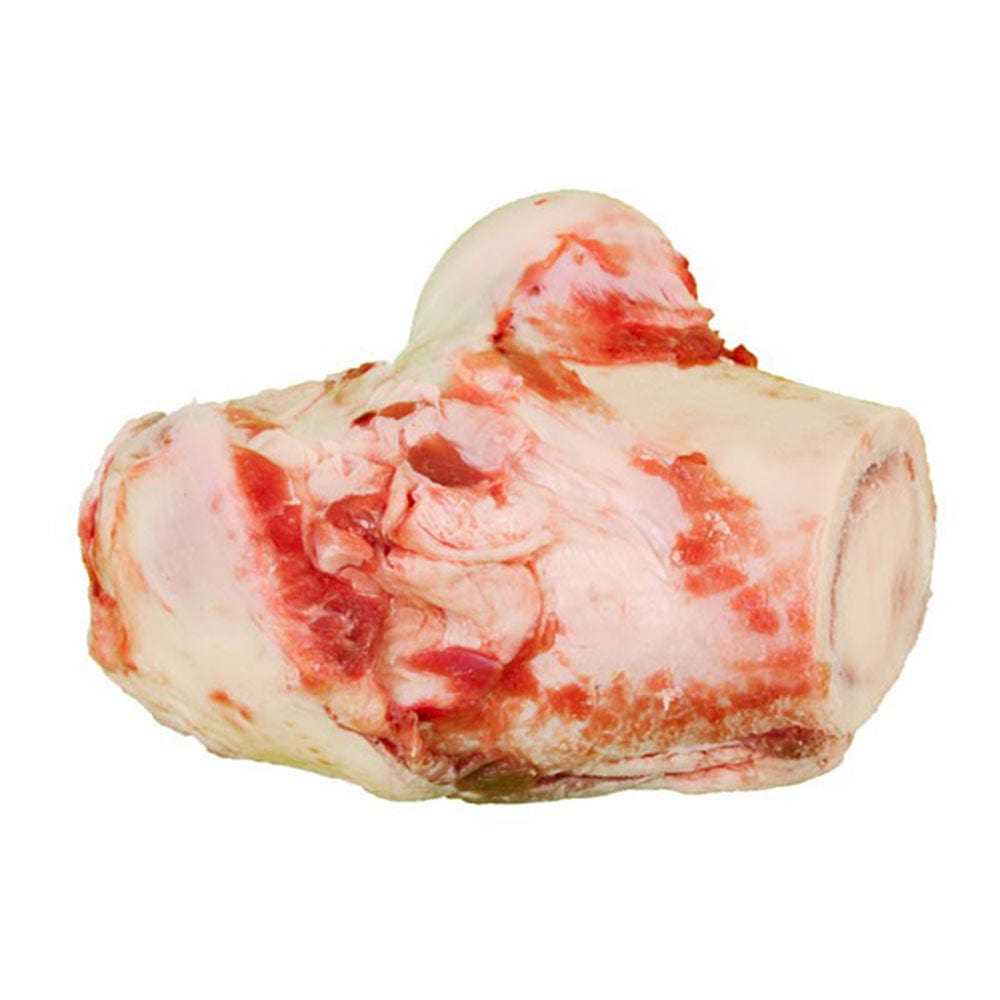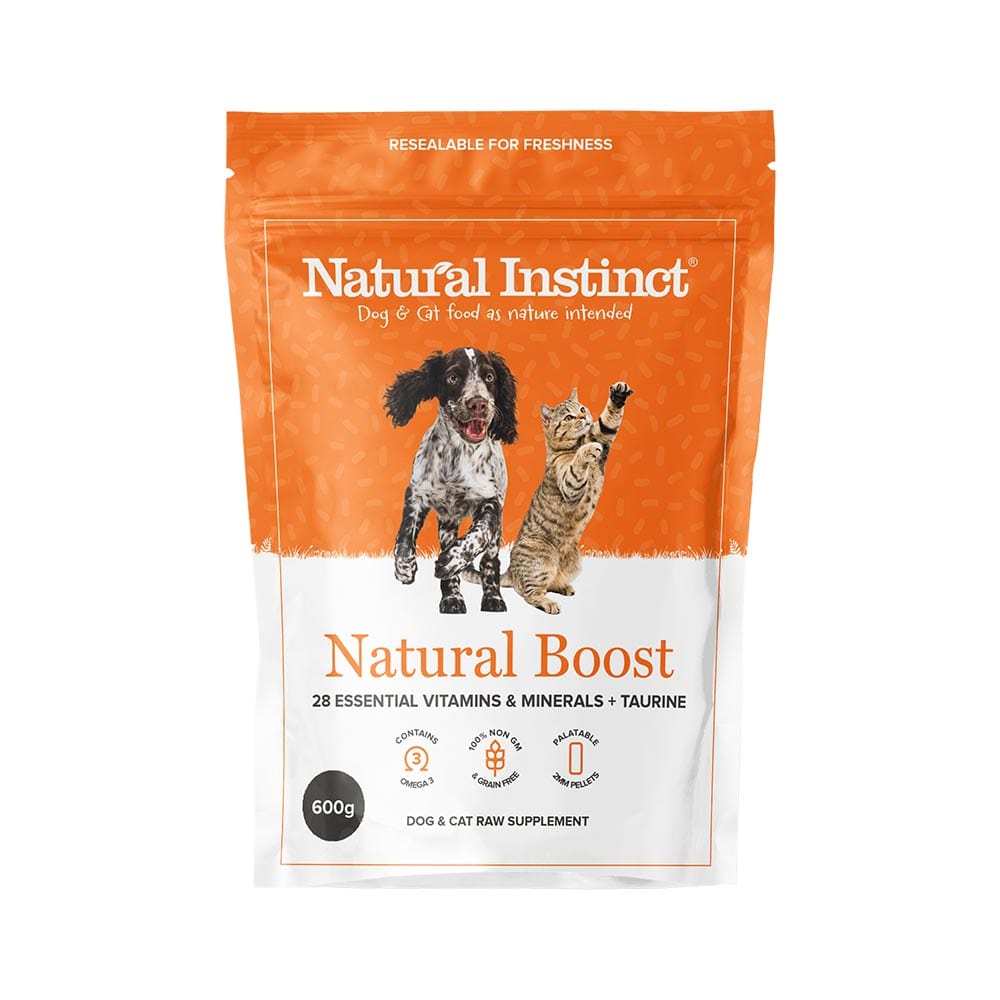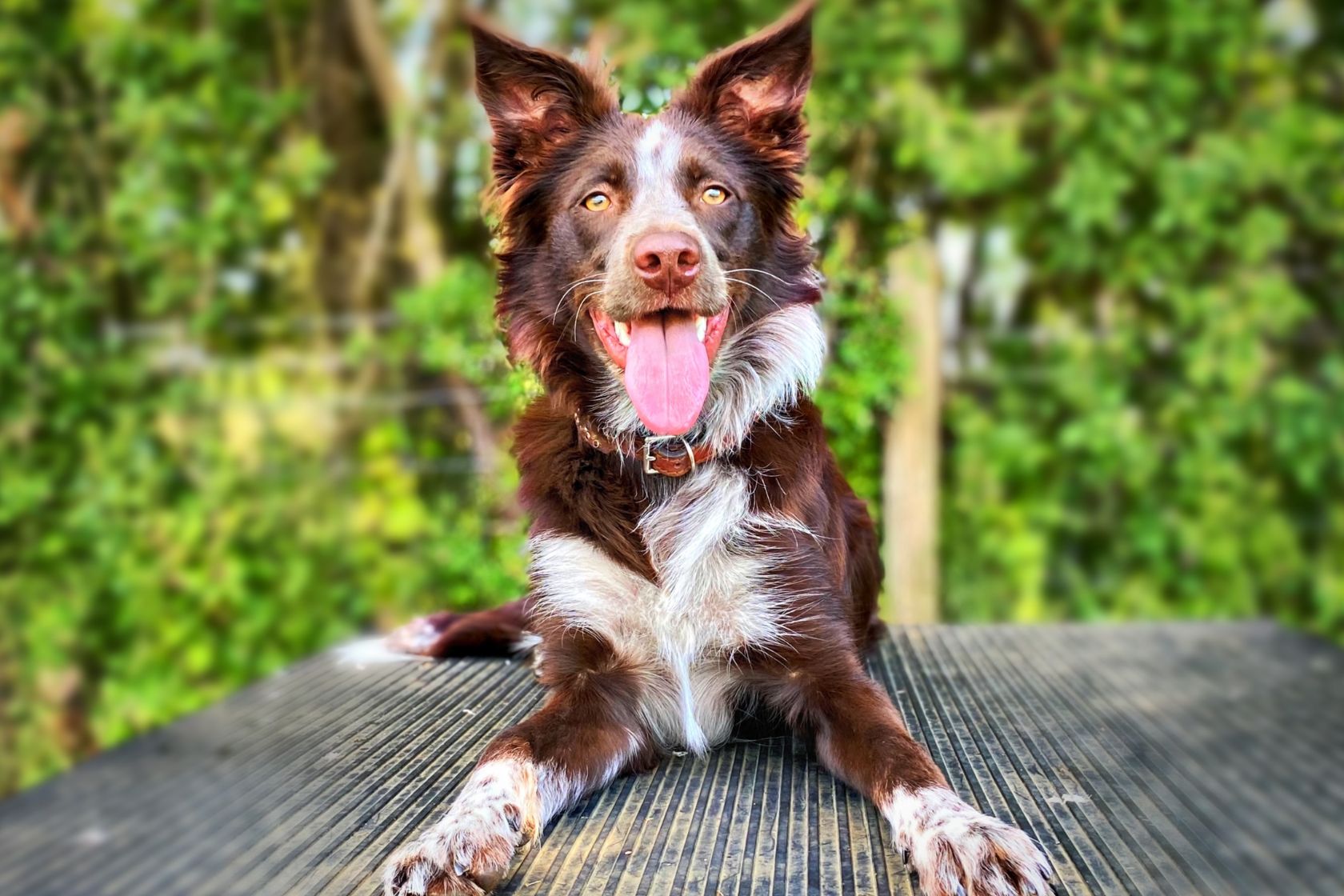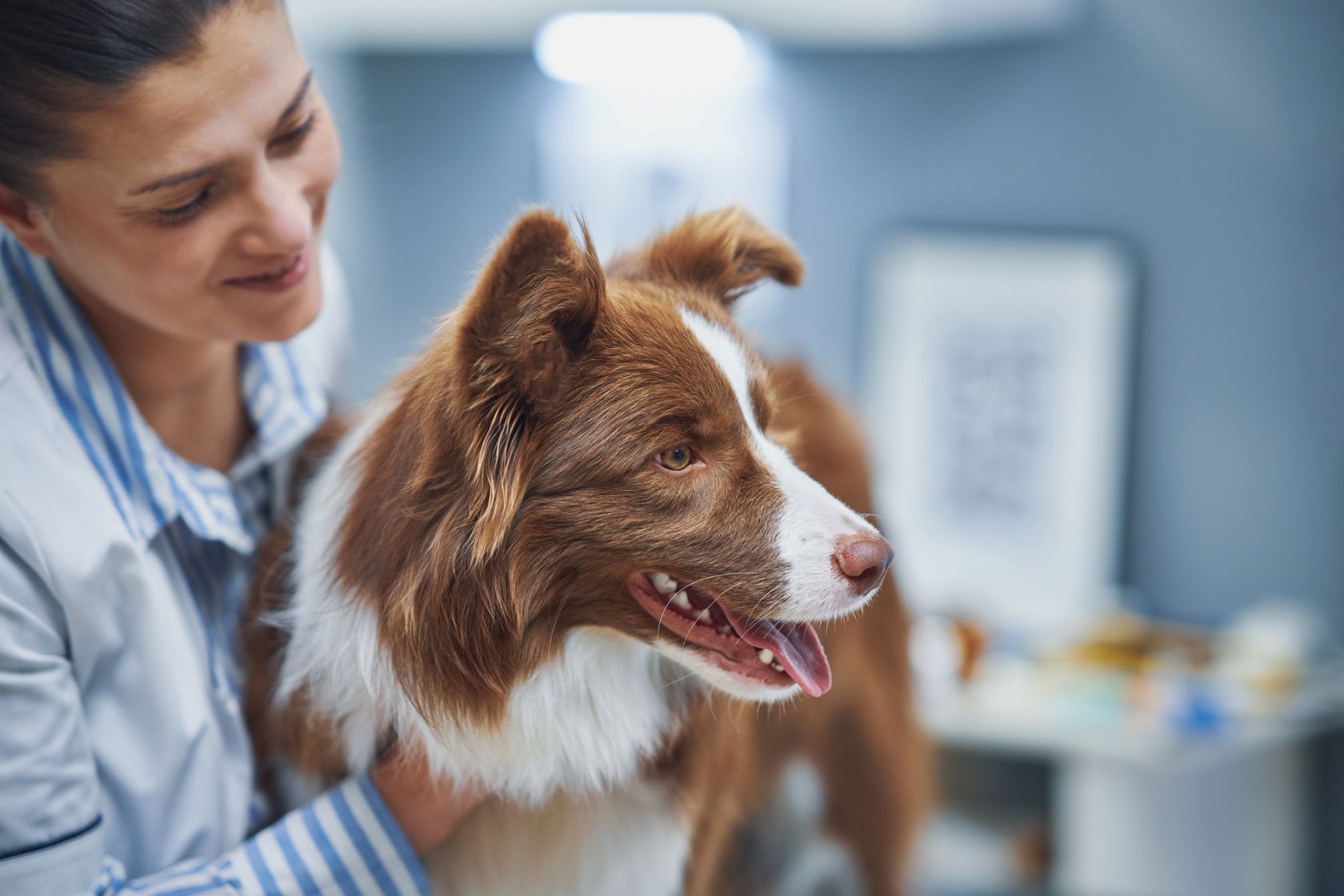Raising a puppy, especially for first-time parents, can be daunting and stressful.
In this blog, our Animal Behaviourist and Canine Specialist, Kirsten Dillon, provides her expert knowledge on surviving the mouthing and biting stage of raising a puppy in an easy-to-read guide for new puppy parents!
We'll help you and your pup navigate the teething stage and turn those nibbles into gentle kisses in no time.
Puppies bite. It is a necessary behaviour that allows puppies to explore the world, play, and solicit what they need.
Unfortunately, puppies' milk teeth are very sharp and pointy, which can harm our skin and damage clothing. However, these milk teeth must be sharp to help our pups learn to inhibit or hold back on their bite. Also, puppies' jaws are weak in the early months of their lives, although it sometimes doesn't feel like it.
The key to making it through this challenging period is mostly managing your puppy's environment. Don't fear; I've prepared some simple steps to keep you and your puppy happy through this period.
- Ensure your puppy gets lots of sleep, 18-20 hours in a 24-hour period.
- Invest time in crate training your puppy; they often need help relaxing and calming down, and a pen or crate is a great place to do this.
- Keep arousal levels down and lower erratic behaviour to distract your puppy with a chew toy.
- Have a toy to hand when playing or engaging with your puppy. Nothing is as rewarding for your puppy as playing directly with you. Therefore, I recommend using rope toys as you can actively interact with your pup and play tug.
- Don't squeak or yelp; this will only excite your pup. Keep your responses low-key.
- Don't bother with time-outs. Instead, use those moments to show your puppy what you would rather they were doing instead.
- Offer different textures for your puppy to chew and watch for their preference as they move through different teething stages. If your puppy loves chewing pyjama bottoms, offer them a knotted tea towel. Similarly, if they like to chew chair legs, try olive wood chews.
The most relaxing and pain-relieving thing for your puppy to do is lick and chew, so make sure you have plenty of treats on offer when you want to help them calm down.
From 8 weeks, my treat recommendations are:
From 12 weeks:
- Venison Strips
- Goat Strips
- Turkey Strips
- Fish Skin Cubes
- Chicken Chipolatas
- Rabbit Ears
- Chicken Feet
Your puppy's adult teeth usually appear between 3 and 6 months, with the large molars (crepuscular teeth) being the last to erupt. During this time, your dog will want something more substantial to crunch down on, so I recommend you reach for the raw bones, such as Small Play Bones or, for larger dogs, the Large Play Bones.
Good Luck, puppy parents!
Kirsten Dillon,
Animal Behaviourist & Canine Specialist
